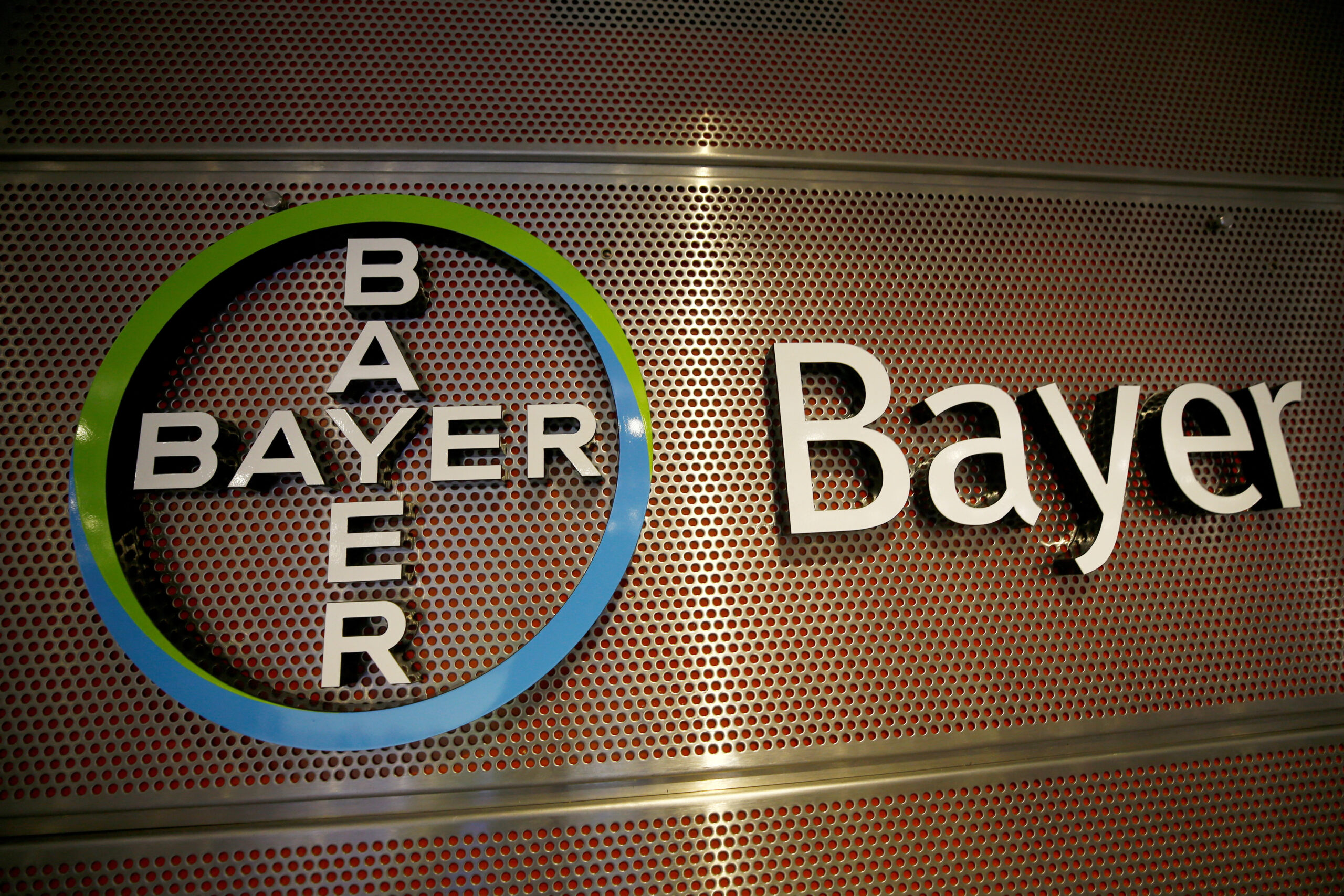5G in Africa: What’s its potential, Selasi Ahorlumegah?
Naa Oyoe Quartey
With its fast speeds and revolutionary potential, 5G stands out as a noteworthy milestone in the field of […]

Germany’s leading pharmaceutical company, Bayer recently faced a setback as it announced the termination of a late-stage trial, for its experimental anticoagulant called asundexian. This decision comes as a result of concerns about its effectiveness. To add to the challenges, Bayer is already struggling in their herbicide business, substantial debts and ongoing legal battles in the United States linked to their Roundup weedkiller.
The Arguments
The sudden termination of the trial has taken analysts by surprise creating uncertainties about the direction of Bayer’s pharmaceutical business. The failure of the trial is a setback for Stefan Oelrich, the head of Bayer’s unit, who had envisioned growth in the U.S. Pharmaceutical market with asundexian.
Bayer chose to own asundexian studies and made substantial investments in marketing and distribution in the U.S.
Critics have raised concerns about how Bayer managed asundexian suggesting that it exposes flaws in risk management. Some argue that development costs for the drug should have been shared and question decisions made by the company.
Asundexian is categorized among drugs known as factor XI inhibitors and competes with counterparts like Novartis (in collaboration with the equity firm Blackstone) and Bristol Myers Squibb (in partnership with Johnson & Johnson).
This setback has implications since asundexian is one of four drug candidates highlighted by Bayer that could generate over 12 billion euros, in peak sales potential.
The Facts
Bayer’s choice to halt the Phase III trial, known as OCEANIC AF for testing asundexian was driven by concerns about its effectiveness compared to competitors like Bristol Myers Squibb and Pfizers Eliquis in preventing strokes among high-risk patients.
The news impacted Bayers share prices resulting in a 16.4% decline and reaching their point in 12 years. Asundexian was expected to generate sales surpassing 5 billion euros ($5.5 billion). Potentially replace revenue from the soon to expire patent protection of their popular pharmaceutical product, Xarelto. This setback adds challenges, for Bill Anderson, who recently became Bayers CEO as he navigates the task of revitalizing the company’s share price and streamlining decision making processes.
Could the idea of splitting up Bayer, a company involved in prescription drugs, consumer health products, crop chemicals and seeds, be under consideration?

With its fast speeds and revolutionary potential, 5G stands out as a noteworthy milestone in the field of […]

Let me take you on a captivating journey through my intriguing conversation with Antonia Azoitei, a versatile artist […]